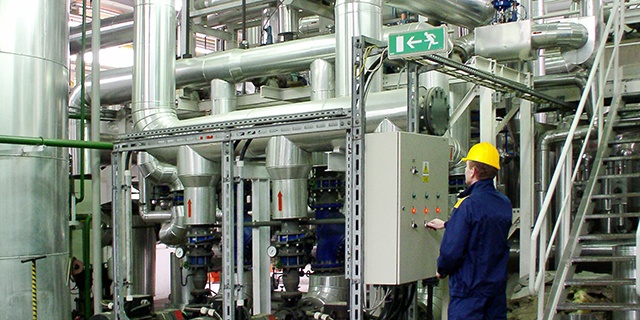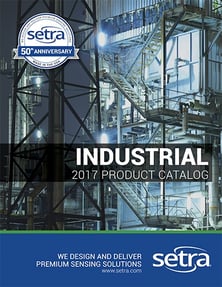
Design engineers have a lot to consider when selecting components for use in end-user products and equipment. Original Equipment Manufacturers (OEMs) that follow a strict Design for Manufacturing and Assembly (DFMA) methodology will have few, if any, problems with pressure transducers. However, OEMs that do not adhere to DFMA practices in their factory increase the likelihood of reoccurring issues, including transducer failure.
Feeling the heat
Excessively high temperatures are a common source of pressure transducer issues. Like most other electronic equipment, they consist of numerous components that only function within specified temperature ranges. Transducers that are exposed to temperatures exceeding those ranges during the assembly process can be negatively affected.
For example, if an OEM is welding directly next to a transducer, the heat generated from the welder could cause the transducer circuit board solder to reflow. This will result in open circuits or bad joints, causing faulty readings or intermittent problems before or after shipping to the end-user.
SETRA BLOG: 3 Overlooked design considerations when choosing a pressure transducer.
Similarly, a transducer could be damaged by a heat gun used to shrink wrap a chiller if excessive heat is applied within inches of the sensor. Operators must be aware of the harmful effects this can have on pressure transducers, so preventative actions can be taken.
End-use considerations
Although the machine is being built on the OEM’s manufacturing floor, consideration should also be given to the environment where the machine will be installed. For instance, a pressure transducer installed on a steam line very close to where the steam is being generated will cause a negative change in the dynamics of the sensor. In this case, a simple solution can be to move the transducer further away from the steam line.
Thermal compensation
Transducers used in sensitive testing and measurement applications, such as in engine test stands, undergo a process called thermal compensation. This process in the manufacturing cycle counteracts the effects due to changes in temperature that can affect the accuracy of a transducers output.
Setra's Model 3100, for example, is constructed using a highly sophisticated automation process, where the sensors are manufactured in a Class 100 clean room. Each sensing element is thermally compensated to an accuracy of less than 0.005%/°C prior to leaving the clean room for final assembly. Thermally compensating the unit ensures improved accuracy and simplified conditioning electronics while eliminating the need for calibration over elevated temperatures as a transducer.
Need help choosing the right sensor for your project?



